Matt Ridley Returns With Error-Riddled Articles, As Wall Street Journal Discredits Itself
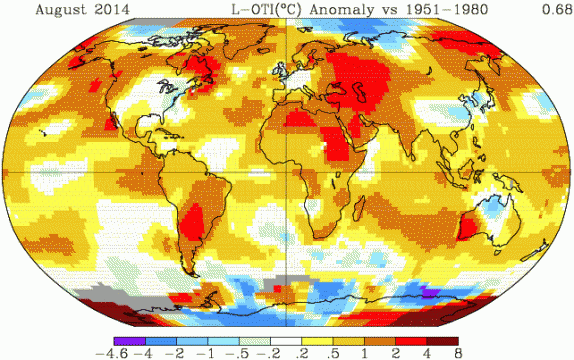
Source: Think Progress
Matt Ridley, perhaps the most debunked and anti-scientific Journal columnist in recent memory, is back from his hiatus. Turns out, when you look closely, Ridley’s self-proclaimed pause as a Wall Street Journal columnist was about as real as the supposed “pause” in global warming.
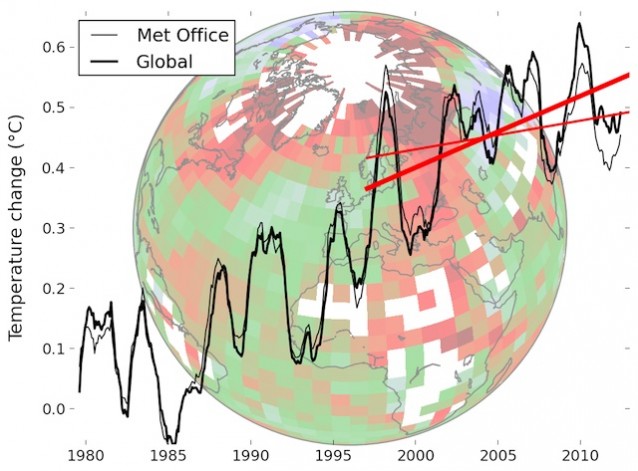
There are “data gaps in the weather station network, especially in the Arctic,” the fastest warming place on the planet. When you add the Arctic back in (bold lines), much of the so-called hiatus in global surface temperature warming seen in the uncorrected data (thin lines), vanishes. Via Real Climate.
Back in July 2013, Ridley announced a permanent hiatus from his error-riddled “Mind & Matter” Wall Street Journal column. That “farewell” column was thoroughly eviscerated by astronomer Phil Plait, who shows that Ridley’s arguments on climate science are “wrong” and “untenable.”
But non-columnist Ridley is back with two more risible WSJ columns in the last week– they don’t make hiatuses like they used to — arguing for the umpteenth time that global warming is nothing to worry about. The first column on September 4, “Whatever Happened to Global Warming?” was thoroughly debunked by Columbia’s Jeffrey Sachs and Climate Science Watch among others.
Five days later, the WSJ ran “Matt Ridley Replies to His Climate-Change Critics.” This is one of the most nonsensical climate pieces ever to appear in the Wall Street Journal. Half the piece is Ridley’s usual confusion and disinformation. But the other half of the piece he spends trying to argue that Sachs didn’t actually write the piece in HuffPost with his name on it. Bizarre. In case you were among the 0.00001% of the population that were wondering, yes Sachs wrote the piece.
On top of that, the Wall Street Journal adds an editorial note up front to lend its nano-credibility to the pico-credibility of Ridley:

Yes, “the enforcers of climate-change orthodoxy.” I guess this is what Ridley and the WSJ call the world’s leading climate scientists and pretty much every serious scientific and government body that understands science. A little history is in order to see who exactly disagrees with Ridley and the Wall Street Journal.
In December 2012, the Journal published a Ridley piece, “Cooling Down the Fears of Climate Change,” (falsely) asserting that observations suggest global warming will be so low as to “be beneficial.” As I noted at the time, that piece was so riddled with basic math and science errors it raised the question of how the Journal can possibly maintain its reputation as a credible source of news and financial analysis.
Ridley and the Journal apparently don’t know the difference between water vapor and clouds. They don’t understand the basic concept of climate sensitivity. And they can’t do simple math.
How bad was that piece? Even the climatologist cited by Ridley said he “is just plain wrong about future warming.” But it is standard practice for Ridley not to actually read the scientific literature he cites, as I show.
How anti-scientific was the piece? Many of the country’s leading climate experts dismantled it in an excellent piece by Media Matters, “WSJ’s Climate ‘Dynamite’ Is A Dud.” Here’s just one:
[A]s John Abraham, an IPCC reviewer and the director of the Climate Science Rapid Response Team, put it to Media Matters: the column “has such elementary errors in it that [it] casts doubt on the author’s understanding of any aspects of climate change.”
I can understand why Ridley and the WSJ bristle at the “orthodoxy” of basic science and math — it is inconvenient for their argument that global warming is nothing to worry about and might actually be beneficial.
As an aside, for those who didn’t know Ridley, the WSJ noted in the 2012 piece that his “family leases land for coal mining in northern England, on a project that will cease in five years,” a point that is strangely absent from his recent columns. Go figure.
As to Ridley’s current attempt to remove the batteries from the world’s smoke detectors, it simply defies logic:
The climate-research establishment has finally admitted openly what skeptic scientists have been saying for nearly a decade: Global warming has stopped since shortly before this century began.
Except that isn’t what the climate-research establishment actually believes or says. As we’ve pointed out many times, more than 90 percent of human-caused warming was always expected to go into the ocean, and it continues to do so at an alarming pace.
And of course we learned in 2012 that Greenland’s ice melt increased five-fold since the mid-1990s. Then last month scientists reported that Greenland and West Antarctica’s ice sheet more than doubled their ice sheet losses in the last five years. A previous study had found “sea level rising 60% faster than projected.”
But hey, the Wall Street Journal and Matt Ridley say “The climate-research establishment has finally admitted” that global warming “stopped” in the late 1990s. How can anybody take these people seriously?
 Much as we might have wished for it, global warming hasn’t stopped and many of its most worrisome manifestations have accelerated. Ridley’s entire argument boils down to the supposed hiatus in surface temperatures — where a tiny fraction of warming actually goes — since the late 1990s. Yet somehow, despite this supposed hiatus, 2010 was the hottest year on record and the decade of the 2010s was the hottest on record.
Much as we might have wished for it, global warming hasn’t stopped and many of its most worrisome manifestations have accelerated. Ridley’s entire argument boils down to the supposed hiatus in surface temperatures — where a tiny fraction of warming actually goes — since the late 1990s. Yet somehow, despite this supposed hiatus, 2010 was the hottest year on record and the decade of the 2010s was the hottest on record.
As the study I cited at the top made clear, there’s no “pause” in warming, even for surface air temperatures. At this point, the remaining question is, why have surface temperatures slowed their growth, when ocean temperatures and Arctic sea ice and glaciers and the great ice sheets — which are where 95 percent of global warming ends up — have seen accelerated warming?
Ridley pins his entire “we don’t have to worry about global warming” argument on just one of many recent papers attempting to explain the apparent slowdown in surface air temperatures:
The warming in the last three decades of the 20th century, to quote the news release that accompanied their paper, “was roughly half due to global warming and half to the natural Atlantic Ocean cycle.” In other words, even the modest warming in the 1980s and 1990s—which never achieved the 0.3 degrees Celsius per decade necessary to satisfy the feedback-enhanced models that predict about three degrees of warming by the end of the century — had been exaggerated by natural causes. The man-made warming of the past 20 years has been so feeble that a shifting current in one ocean was enough to wipe it out altogether.
Let’s set aside for the umpteenth time that man-made warming of the past 20 years hasn’t been wiped out — indeed it has accelerated in many worrisome areas. While it’s true that the press release for this paper puts half the attribution of recent warming to a natural cycle, that actually comes from a previous paper, which was received for review back in 2012. Ridley presumably knows this because he left it out: “Rapid warming in the last two and a half decades of the 20th century, they proposed in an earlier study, was roughly half due to global warming and half to the natural Atlantic Ocean cycle….”
Since then, however, the world’s leading scientists have explained that all of the warming since 1950 is due to human causes. In September 2013, the United Nations Intergovernmental Panel On Climate Change (IPCC) — hundreds of the world’s top scientists and climate experts — released the first part of its Fifth Assessment Report, a summary report of the scientific literature. That summary was signed off on line-by-line by the world’s major governments.
The IPCC concluded, “The best estimate of the human-induced contribution to warming is similar to the observed warming over this period” from 1951 to 2010. In other words, the best estimate is that humans are responsible for all of the warming we have experienced since 1950 –- based on a review of observations and analysis published in the scientific literature.
Ridley wants you to believe that global warming has stopped, which it hasn’t. And he wants you to believe that the human contribution to recent warming is small so you’ll believe future warming will also be small. But that is also false.
Amusingly, Ridley ends his latest response to the “orthodoxy” this way:
Soon after my article was published, another peer-reviewed paper appeared in the Journal Nature Climate Change, about as mainstream a climate science publication as you can find. It is entitled: “Climate model simulations of the observed early-2000s hiatus of global warming.
Yes, Ridley is excited that the title of a very recent article used the phrase “early-2000s hiatus of global warming.” But of course that study was on surface air temperatures. And if Ridley had bothered to read it, which he apparently didn’t, he would know that it debunked his entire argument that the climate models are wrong and that the planet has stopped heating up.
That study “vindicates climate models” as Phys.org put it, and it showed that “climate models can recreate the slowdown in global warming since 1998, as long as they correctly factor in crucial variables such as the state of the El Niño system.” Doh!
As the study’s news release says of the last decade, “Almost all of the heat trapped by additional greenhouse gases during this period has been shown to be going into the deeper layers of the world’s oceans.”
This new study that Ridley and the Wall Street Journal embrace reconfirms that the latest climate models are indeed accurate (once the El Niño Southern Oscillation is taken into account). That means if we continue on our path of general inaction on climate change (the one they favor), we face 9°F warming for the U.S., faster sea level rise, more extreme weather, and permafrost collapse.”
I will end with one of the country’s leading climatologists, Michael Mann, who made the following point to me about the WSJ piece:
What’s particularly sad is that at the same time the Wall Street Journal editorial board seems intent on leading its readers off a cliff, more and more of the legitimate business community is recognizing and speaking out on the very real threat posed by climate change and on the urgent need to fight it head on to avert an economic calamity (see the recent “Risky Business report by Michael Bloomberg, Tom Steyer, and Henry Paulson). The Journal’s disinformation on and denial of climate change is a betrayal of their readership, who rely on accurate and honest assessments of risk to make sensible investment choices.
Source: Think Progress







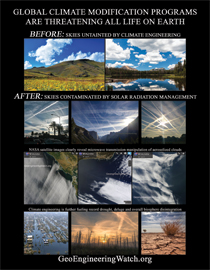







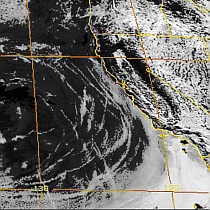


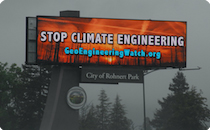

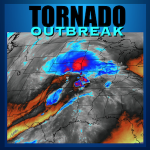

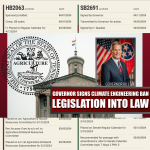

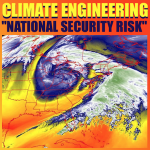
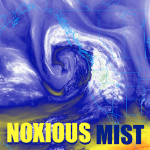


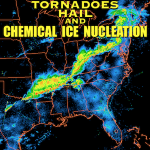




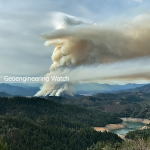
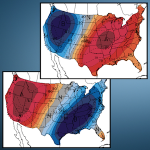
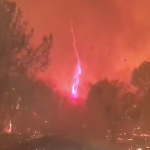
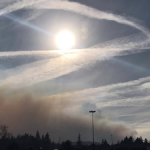







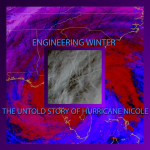






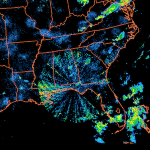




















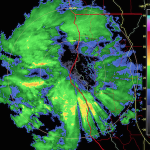
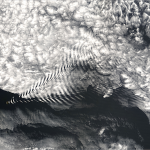











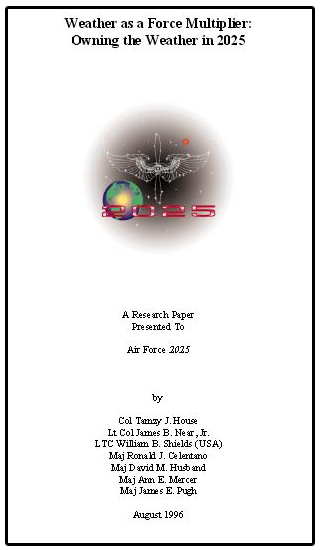






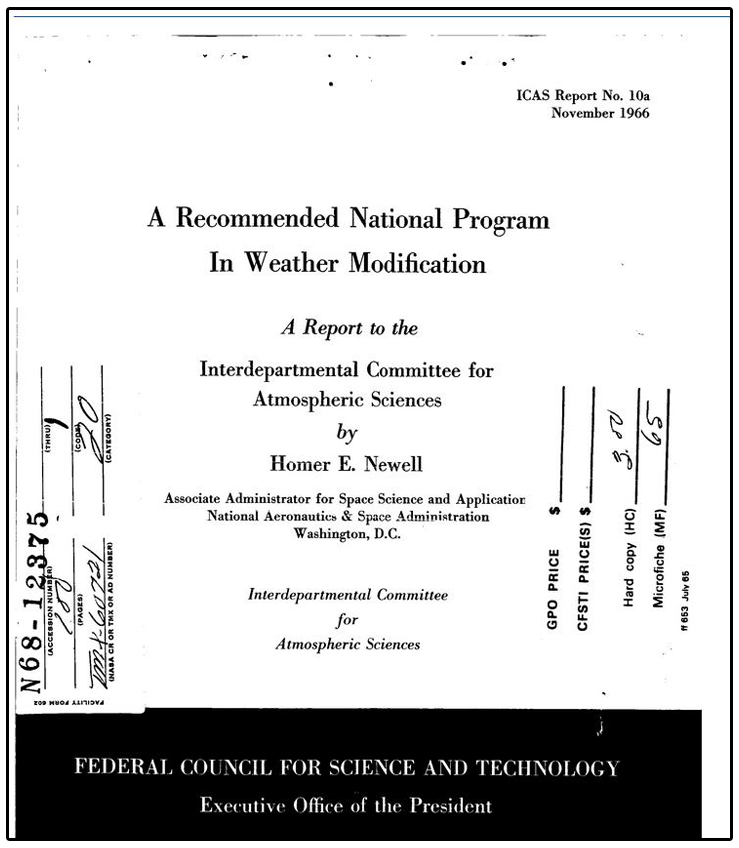

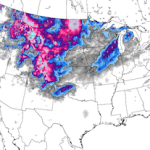
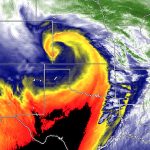
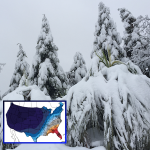
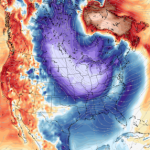
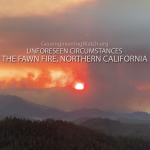


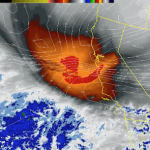
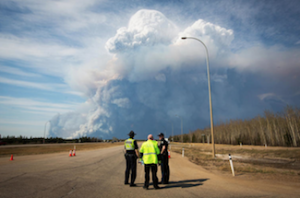



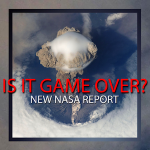





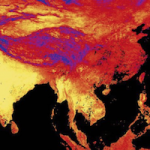
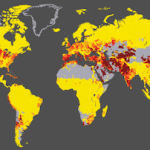

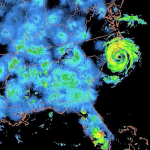
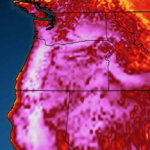






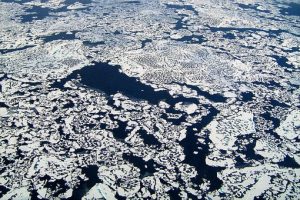




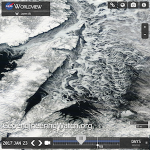



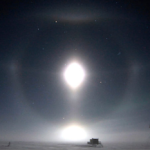
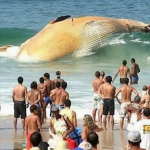



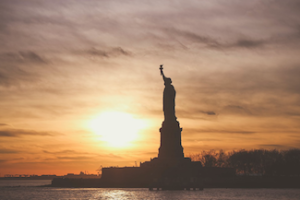

Leave a Reply